Hello, who’s speaking? Human or artificial languages
Thursday 28th November 2024
18:15 – 20:15
Free University of Bozen-Bolzano,
Aula Magna,
Piazza Università 1
Recent advancements in artificial intelligence are revolutionising the way we interact with machines. Large Language Models, with well-known exponents such as Llama, GPT, and Claude, are making it possible to engage in fluent, complex conversations with machines. Even more remarkably, such conversations can seamlessly carried out in multiple languages, even switching from one language to another during the same interaction – a capability that is of particular importance in multilingual regions such as South Tyrol.
Large Language Models are thus transforming the area of AI known under the term of natural language processing, posing unprecedented research questions to linguists. At the same time, they are already heavily impacting our lives: we use this technology to restyle our emails, to translate administrative documents, to produce essays and stories, to retrieve information, and to answer our curiosities. However, we know little of how this technology works, and it is then difficult for us to understand why it sometimes works flawlessly and other times it miserably fails, and ultimately how to properly use it. To cite only some of the limitations of Large Language Models: they can produce wrong, factually incorrect answers, struggle with reasoning and common sense, interact much better in English than in local dialects and under-represented languages, and often implicitly reproduce human biases.
The main goal of this panel is to discuss with the general public the current state of the art in natural language processing, the achievements obtained so far, the pros and limitations of contemporary technologies and their possible evolution in the near future, as well their societal and ethical implications and their impact on the job market.
The panel sees the participation of 6 of the most renowned experts of the topic, reflecting its different facets the view of academia and industry:
- Marco Baroni (Professor at Pompeu Fabra University of Barcelona)
- Pascale Fung (Senior Director of AI Research at Meta; Professor at the Hong Kong University of Science & Technology)
- Roberto Navigli (Professor at Sapienza University of Rome)
- Malvina Nissim (Professor at the University of Groningen)
- Barbara Plank (Professor at the Ludwig Maximilian University of Munich)
- Marco Turchi (Head of machine translation at Zoom Video Communications)
The panel will be coordinated by Silvia Fabbi, a journalist with a degree in cognitive sciences and artificial intelligence. It will interleave moderated discussions with open questions from the public.
The panel will be held in English, with real-time translation in German and Italian.
Biographies of the panelists and moderator
Marco Baroni
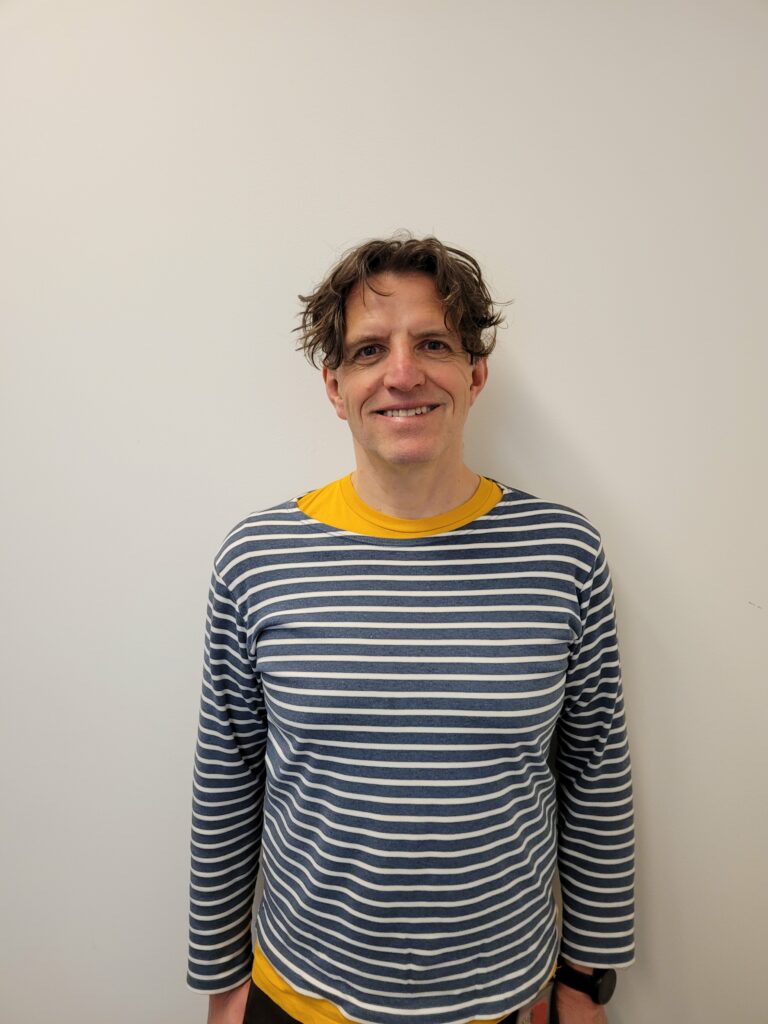
Marco Baroni received a PhD in Linguistics from the University of California, Los Angeles, in the year 2000. After several experiences in research and industry, he joined the Center for Mind/Brain Sciences of the University of Trento, where he became associate professor in 2013. From 2016 to 2021, Marco worked in the Paris Facebook Artificial Intelligence Research lab. In 2019, he became an ICREA research professor, affiliated with the Linguistics Department of Pompeu Fabra University in Barcelona. Marco’s work in the areas of multimodal and compositional distributed semantics has received widespread recognition, including a Google Research Award, an ERC Grant, the ICAI-JAIR best paper prize and the ACL test-of-time award. Marco was recently awarded another ERC grant to conduct research on improving communication between artificial neural networks, taking inspiration from human language and other animal communication systems.
Pascale Fung

Pascale Fung is a Senior Director of AI Research at Meta. She is also a Chair Professor of Electronic & Computer Engineering at The Hong Kong University of Science & Technology (HKUST), and a visiting professor at the Central Academy of Fine Arts in Beijing. She is a Fellow of the AAAI, IEEE, ACL and ISCA. She served on the Board of Governors of the IEEE Signal Processing Society. She served as Editor-in-Chief and Associate Editor for all the top academic journals in the field of speech and language processing. Her team has won several best and outstanding paper awards at ACL, ACL and NeurIPS workshops.
She is an expert on the Global Future Council of the World Economic Forum since 2016. She is on the Expert Network of the UN Advisory Body on AI. She is a member of the Partnership on AI to Benefit People and Society. She has been a keynote or invited speaker in 250 conferences and panels to speak to both the AI technical community and the public. She has been invited as an expert on AI governance by the United Nations, EU, EC, European Parliament, the UAE, Saudi Arabia, Japan, Singapore, the US Academics of Sciences, Medicine, and Engineering, among others. She was invited to a private audience with Pope Francis in 2023 for an occasion to discuss AI ethics. She is listed as one of the Forbes 50 over 50 Asia 2024. A speaker of seven European and Asian languages, she is currently based in Meta-FAIR in Paris.
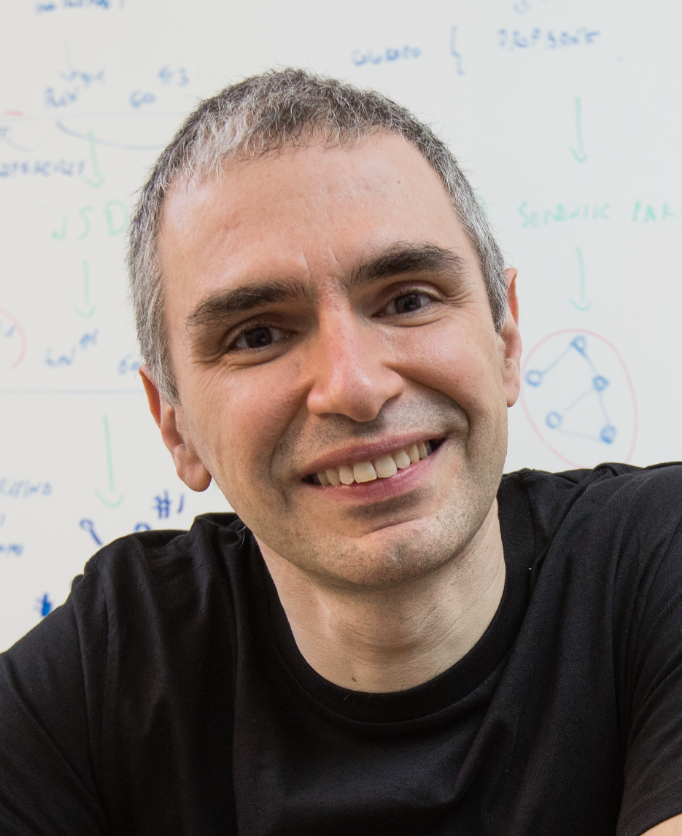
Roberto Navigli is Professor of Natural Language Processing at the Sapienza University of Rome, where he leads the Sapienza NLP Group, an ACL Fellow and a EurAI Fellow. He has received two ERC grants in NLP, highlighted among the 15 projects through which the ERC transformed science. In 2015 he received the META prize for groundbreaking work in overcoming language barriers with BabelNet, a project also highlighted in The Guardian and Time magazine, and winner of two Artificial Intelligence Journal prominent paper awards. He is the co-founder of Babelscape, a successful deep-tech company which enables NLU in dozens of languages. He served as Associate Editor of the Artificial Intelligence Journal (2013-2020) and Program Chair of ACL-IJCNLP 2021. He will serve as General Chair of ACL 2025.
Malvina Nissim
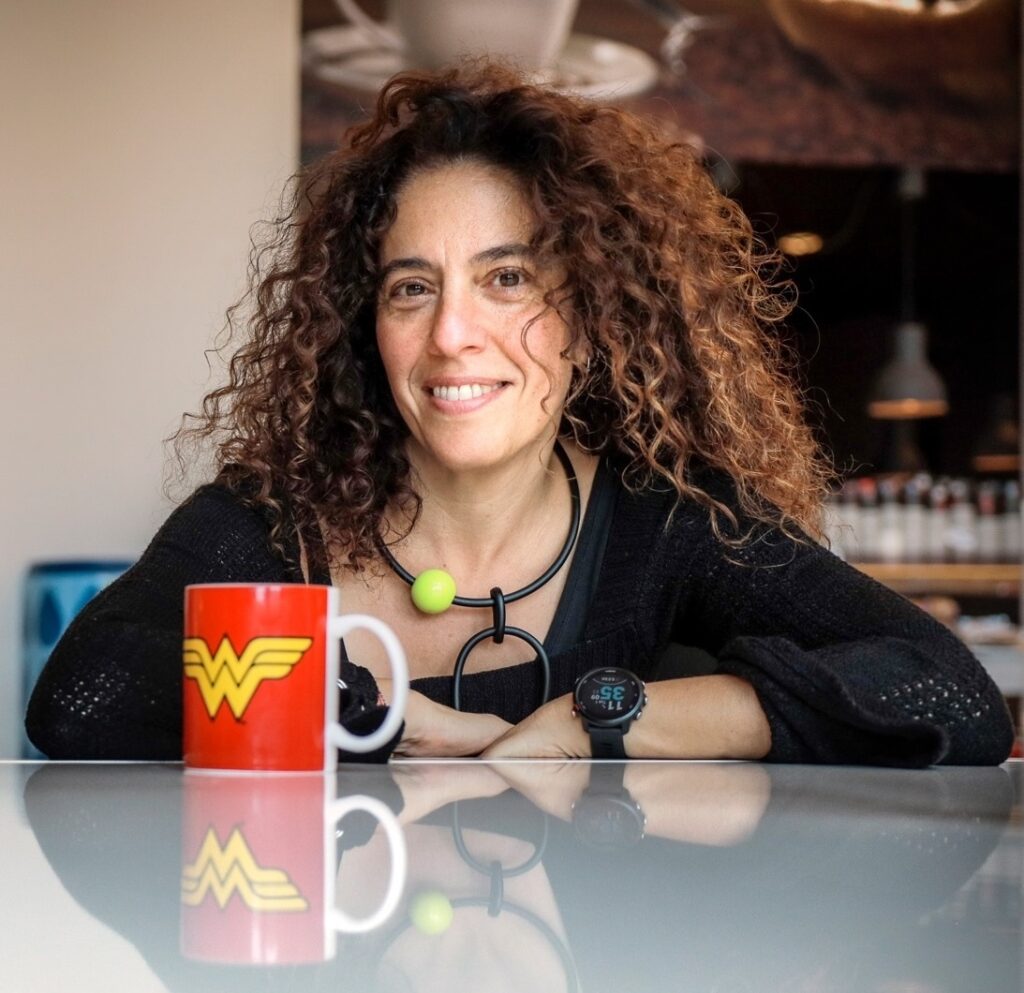
Malvina Nissim (https://malvinanissim.github.io) is full professor of Computational Linguistics & Society at the University of Groningen, The Netherlands, where she is a member of the GroNLP (Groningen Natural Language Processing) group. Before settling in Groningen over 10 years ago, she lived, studied, and worked in Italy (where she grew up), Scotland, and Germany. She works on multiple aspects of Natural Language Processing, with particular attention to language itself and the interaction of Language Technology and society. Relatedly, she is the coordinator of the Sectorplan‘s theme Humane AI at the University of Groningen, and is a member of the ACL Ethics Committee. As a complement to her research activities she is keen to engage in science communication and outreach, including to school children, especially towards an aware and responsible use of language technologies. She very much enjoys public speaking, and she was lucky to get the chance to give a TEDx talk and to be invited by the European Council to give a plenary lecture on gender bias in Artificial Intelligence on International Women’s Day 2021. As a university professor she teaches quite a bit and was elected as the 2016 University of Groningen Lecturer of the Year. Malvina is also a member of the Scientific Advisory Board of the Jantina Tammes School for Digital Society, Technology, and AI at the University of Groningen, and a member of the board of AILC, the Italian Association for Computational Linguistics. To survive a full time job she loves to run near the water, to knit, and to spend time with her two teenagers.
Barbara Plank
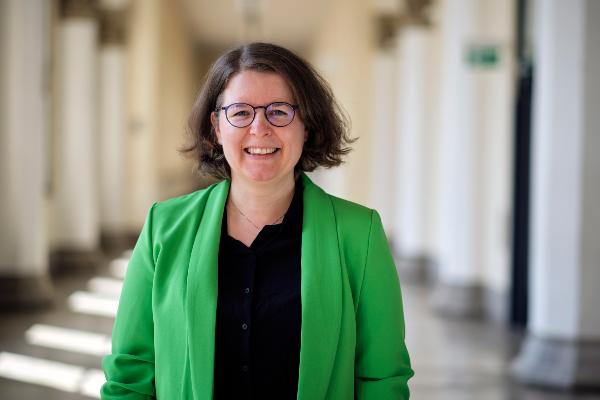
Barbara Plank is Professor and Co-director of the Center for Information and Language Processing (CIS) at LMU Munich. She holds the Chair for AI and Computational Linguistics at LMU Munich and is an affiliated Professor at the Computer Science department at the IT University of Copenhagen. Her Munich AI and NLP lab (MaiNLP, pronounced “my NLP”) focuses on robust machine learning for Natural Language Processing with an emphasis on human-inspired and data-centric approaches. Her research has been funded by distinguished grants, including an Amazon Research Award (2018), the Danish Research Council (Sapere Aude Research Leader Grant, 2020-2024), and the European Research Council (ERC Consolidator Grant, 2022-2027). Barbara is a Fellow of ELLIS (the European Laboratory for Learning and Intelligent Systems) and regularly serves on international committees. Currently, she is Vice President Elect of the Association for Computational Linguistics (ACL).
Marco Turchi
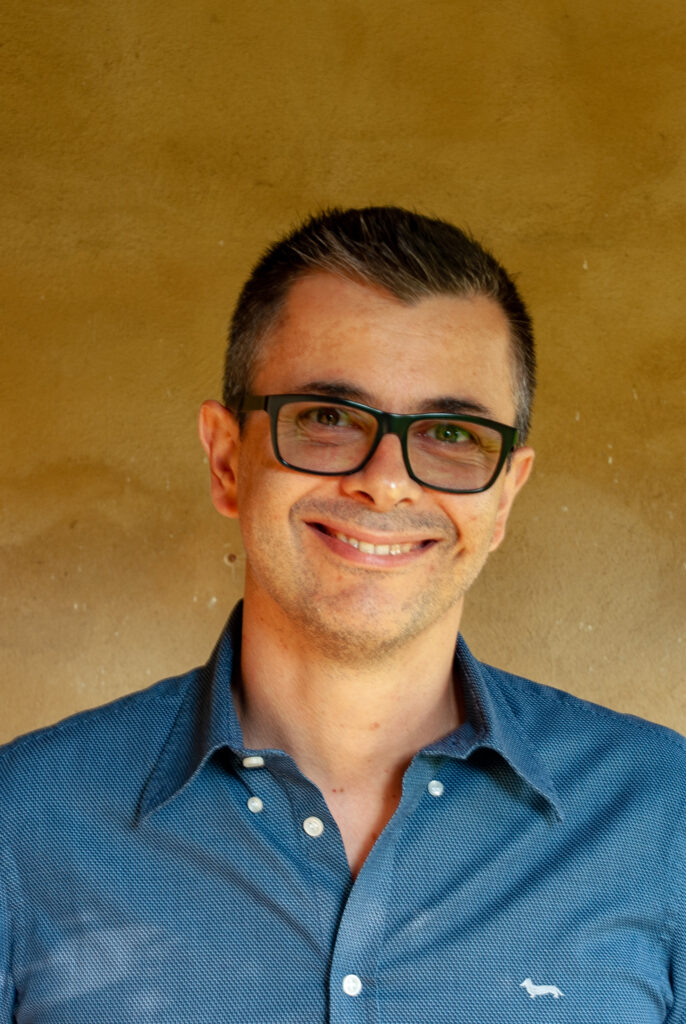
Marco TurchiI (M) is the head of the machine translation activities at Zoom Video Communications. He received his PhD degree in Computer Science from the U. of Siena, Italy in 2006. Before joining Zoom in 2022, he led the machine translation unit at Fondazione Bruno Kessler, worked at the European Commission Joint Research Centre, Italy, at the University of Bristol, at the Xerox Research Centre Europe, and Yahoo Research Lab. His research activities focus on various aspects of sequence-to-sequence modelling applied to machine translation, speech translation, and automatic post-editing. He has co-authored more than 200 scientific publications and served as a reviewer for international journals, conferences, and workshops. He is the co-organizer of the Conference on Machine Translation, the Conference on Spoken Language Translation, and the automatic post-editing evaluation campaigns. He has been involved in several EU projects such as SMART, Matecat, ModernMT, QT21, MateDUB, and Meetween. He was the recipient of the Amazon AWS ML Research Awards on the topic of end-to-end spoken language translation in rich data conditions.
Silvia Fabbi
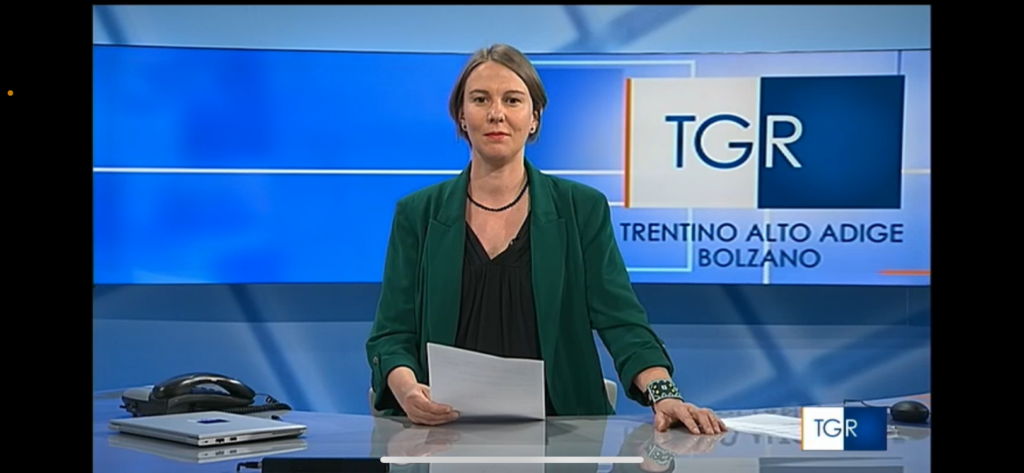
Born in Vicenza, first journalistic experiences in German newspapers (2005), then in Padua (2006) and in Bolzano (2010-18, Corriere della Sera). In 2022 she switched to radio and tv at TGR Rai Alto Adige. After graduating with a bachelor’s degree in Classical Humanities (2005, Unipd), she earned her master’s degree in Cognitive Science and Artificial Intelligence at the Mind and Brain Center (2022, Unitn). Her dissertation explores the ability of first generation LLMs in building low dimensional representations of social media debates.